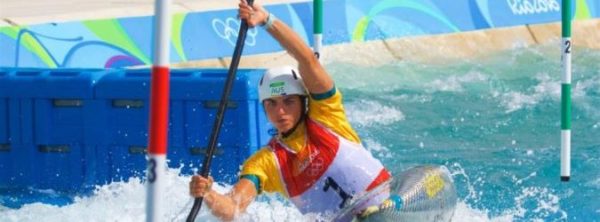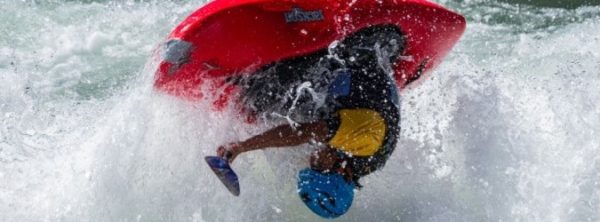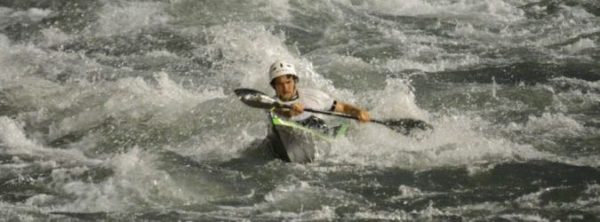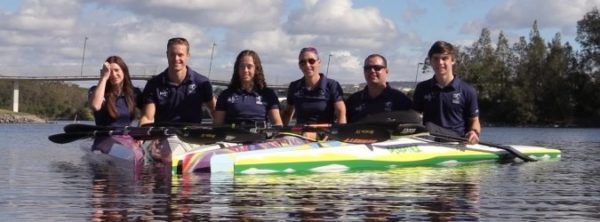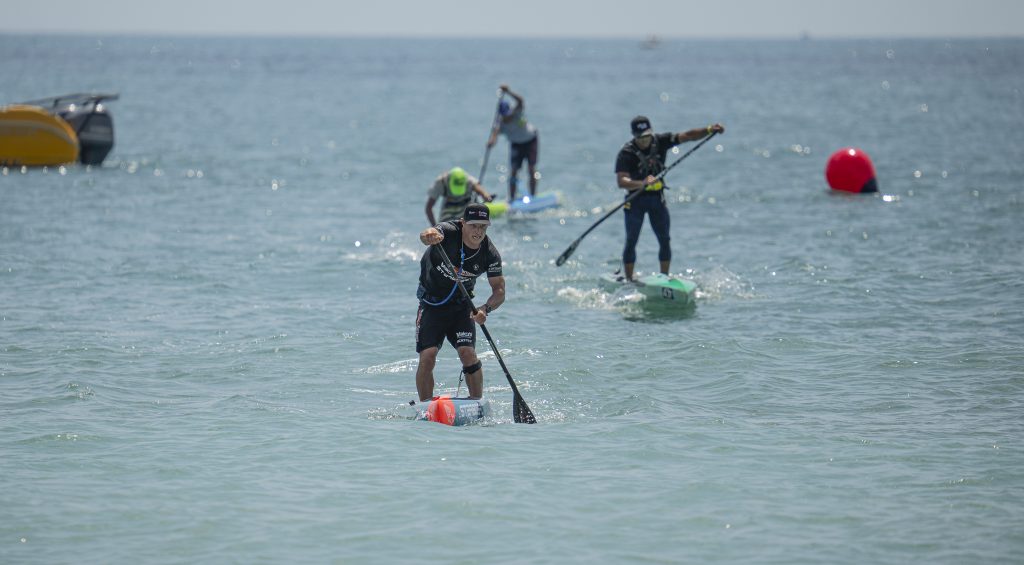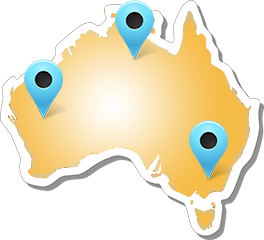As paddlers, we all understand the problems caused by plastics and other litter in our waterways. Although it seems like an enormous problem to solve, there are lots of things you can do at home and in your local area that will help.
Here are some super easy ways to start reducing the plastic waste you generate and the amount that enters our waterways.
1. Don’t buy bottled water or hot drinks in disposable cups
Disposable cups may look and feel like cardboard, but they have a thin plastic lining to keep the liquid inside. To avoid these single-use containers, make sure you have a refillable bottle, flask or travel mug with you when you’re out and about.
2. Use your own shopping bags
Remember to take your own reusable bags every time you go shopping so that you don’t have to buy a plastic bag. There are plenty of options made from strong natural materials, such as jute and cotton.
3. Don’t buy anything glittery
These days glitter is used in an enormous range of products, from clothing to shower gel. Most glitter is made from plastic and the small size of its particles makes it hard to filter out of wastewater, meaning it becomes a potential ecological hazard in our rivers and oceans.
4. Separate your recyclables and make use of recycling facilities
Most of the bins on our waterways only accept bagged household rubbish, but we have an increasing number of recycling points. By using these points and separating your recycling from your general rubbish, this will look after our waterways. Please use the points responsibly and don’t add anything that can’t be recycled.
5. Choose glass or cans over plastic
Help to reduce the amount of plastic in circulation by opting for glass or cans where possible when you’re buying things. Glass and cans get recycled back into more glass and cans, while plastic bottles generally get reprocessed into something else. This just creates more opportunities for bits of plastic to enter our environment and cause damage.
6. Avoid using cling film and foil
Aluminium foil and cling film use a lot of resources to produce and cling film can’t be recycled. When packing your lunch to take to work or on a picnic, put it in re-useable containers or use eco-friendly cling film alternatives, such as beeswax wraps.
7. Store your rubbish securely
When you’re out for a waterside walk, cycle or paddle, keep a tight hold of your rubbish until you reach a bin, so that it doesn’t get blown into the water. Make sure all your rubbish bags are tied securely, placed right inside the bin and that any bin lids are closed. This helps to stop animals, like foxes and rats, from pulling rubbish out of the bin and making a mess.
8. Take your cutlery with you
Most takeaway outfits have plastic forks to eat with. Avoid adding to your single plastic use consumption and take your own cutlery, or keep some in the car or in your bag with you, just in case you get caught short when out and about.
9. Show your clothes some love
Most new clothes are made of materials that contain plastic, such as polyester and nylon. This means that they shed tiny plastic fibres as you wear them and when they’re washed, especially in the first few washes. These particles find their way through water treatment plants and end up in the rivers and oceans. To combat this, try to look after and repair your clothes, so that they last longer. When you do buy new clothes, choose natural materials, such as cotton, linen, bamboo and hemp.
10. Help out your community and do a litter pick
Plan a walk or a run that includes some time spent collecting litter. All you need are a pair of gloves and a collection bag. If you find it uncomfortable or difficult to bend down, you can buy a litter picker tool with a long handle for around $10.






